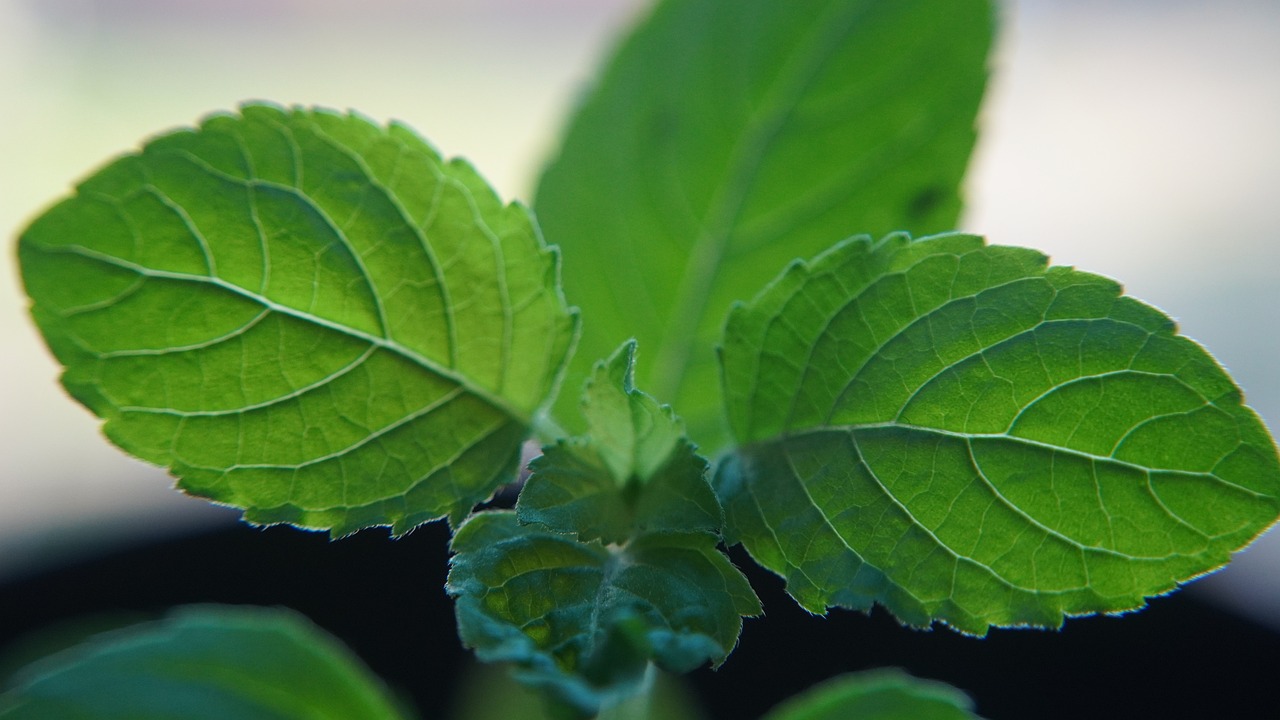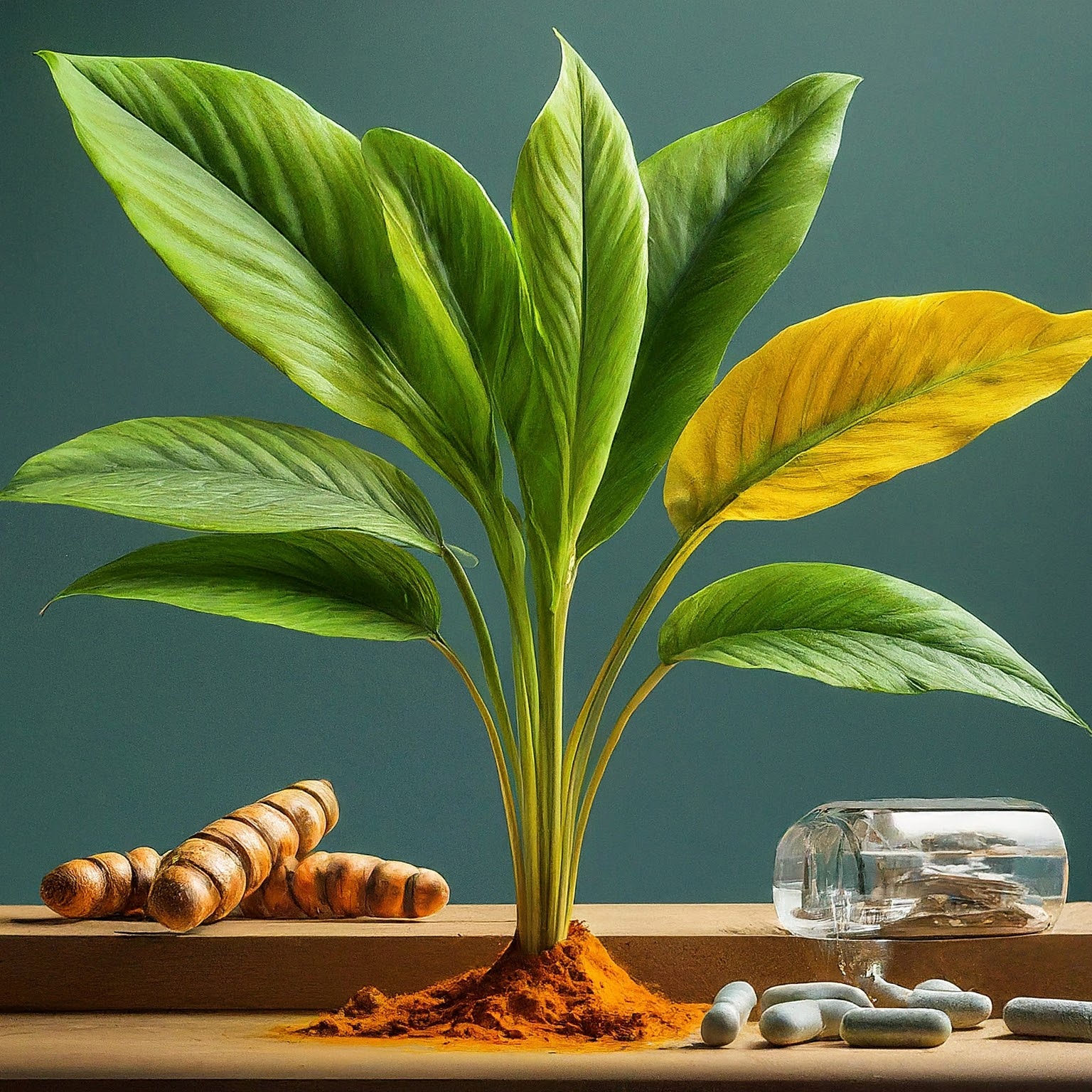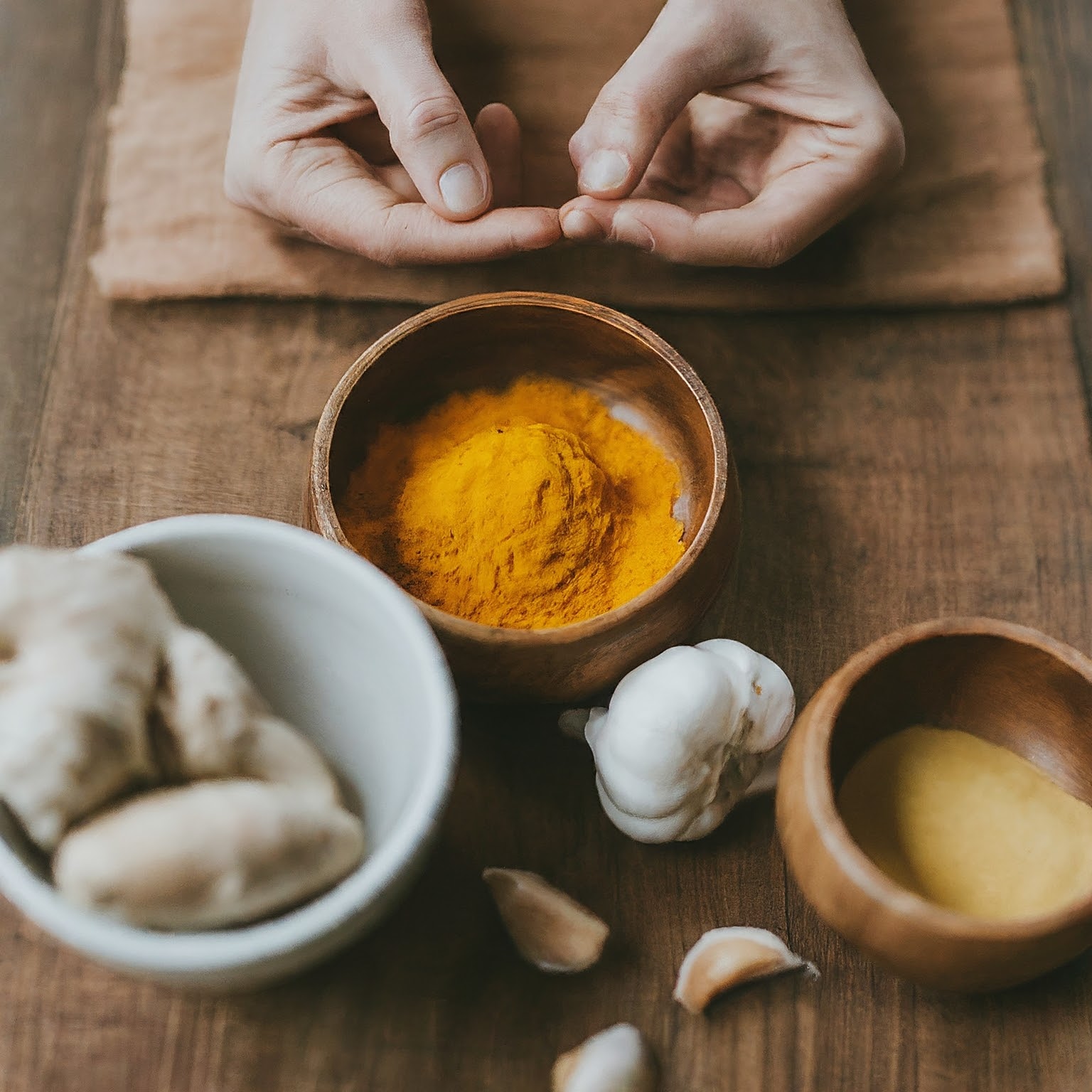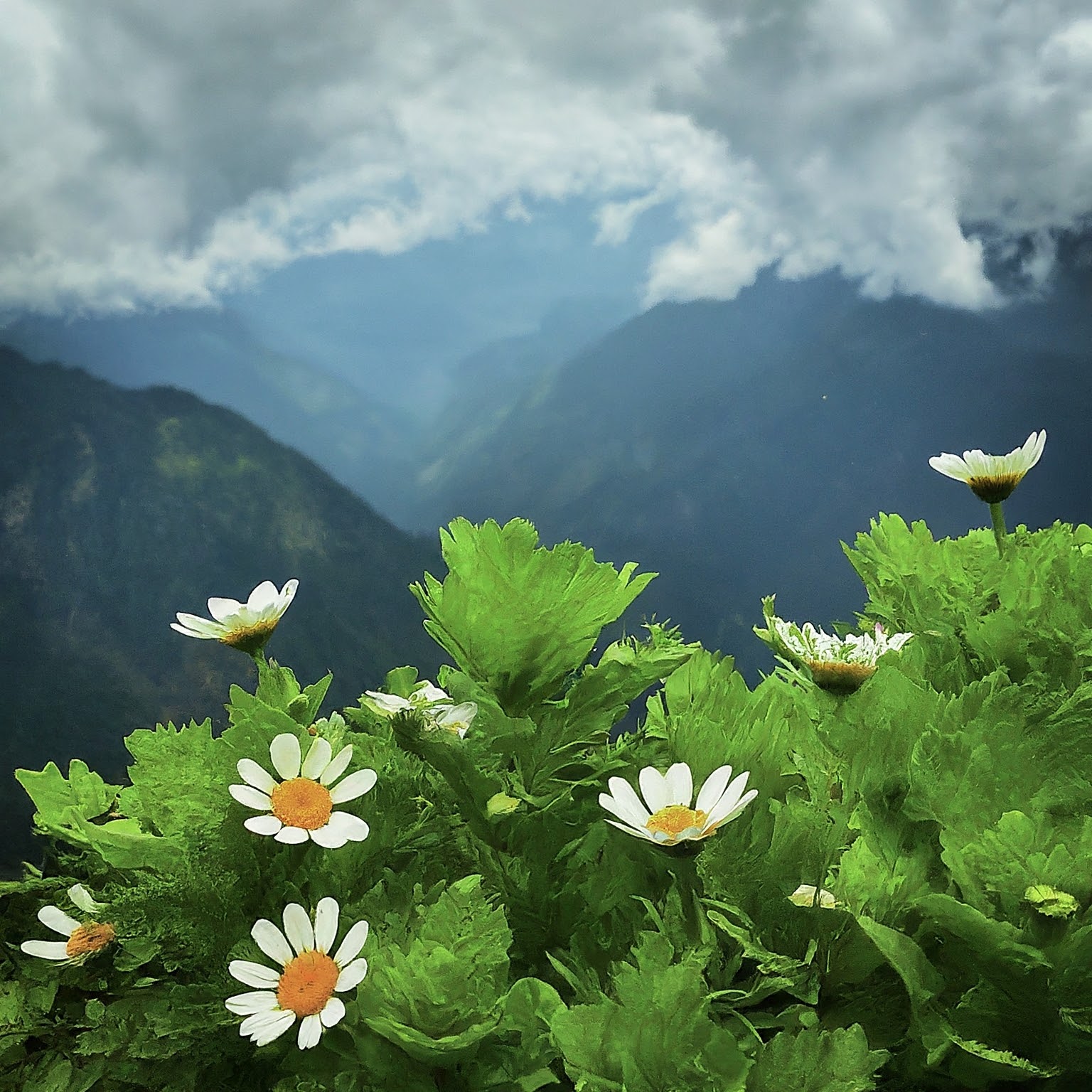Tulsi: The Herb of Life
Estimated Reading Time: 5 minutes English Name: Holy Basil Availability by Location: India, Nepal, Sri Lanka, Thailand, and other tropical and subtropical regions Best Season to Plant: Spring or Summer Other Special Instructions: Tulsi is a sacred plant in Hinduism and is considered a symbol of purity and spirituality. It is also believed to have many medicinal properties.
Ayurvedic Importance
Tulsi is a revered herb in Ayurveda, the traditional Indian system of medicine. It is considered a “divine plant” and is believed to have many medicinal properties. Tulsi is used in the treatment of a variety of ailments, including respiratory problems, digestive disorders, skin diseases, and anxiety.
Tulsi is a rich source of antioxidants, which help to protect the body from damage caused by free radicals. It is also a good source of vitamins and minerals, including vitamin C, iron, and zinc.
Easy Ways to Consume Tulsi
There are many ways to consume Tulsi. Here are two easy recipes:
Tulsi Tea
Ingredients:
- 1 teaspoon dried Tulsi leaves
- 1 cup of boiling water
- 1 teaspoon honey (optional)
Instructions:
- Add the Tulsi leaves to a cup.
- Pour the boiling water over the leaves.
- Let the tea steep for 5-10 minutes.
- Add honey, if desired.
Tulsi Juice
Ingredients:
- 1/2 cup Tulsi leaves
- 1/2 cup water
- 1/2 lemon (optional)
Instructions:
- Blend the Tulsi leaves and water in a blender.
- Strain the juice.
- Add lemon juice, if desired.
Precautions
Tulsi is generally safe to consume, but there are some precautions to take.
- Tulsi can interact with certain medications, so it is important to talk to your doctor before taking it if you are taking any medications.
- Tulsi can also lower blood sugar levels, so it should be used with caution by people with diabetes.
Health Ailments
Tulsi is believed to be effective in the treatment of a variety of health ailments, including:
- Respiratory problems, such as asthma and bronchitis
- Digestive disorders, such as constipation and diarrhea
- Skin diseases, such as eczema and psoriasis
- Anxiety and stress
- Fever
- Cough
- Cold
How to Plant and Care for Tulsi
Tulsi is a relatively easy plant to grow. Here are some tips:
- Choose a sunny location to plant your Tulsi.
- Plant the Tulsi seeds in well-draining soil.
- Water the Tulsi regularly, but do not overwater.
- Fertilize the Tulsi once a month.
- Prune the Tulsi regularly to encourage growth.
Tulsi is a beautiful and versatile herb that can be enjoyed in a variety of ways. It is a valuable addition to any home garden and can be used to improve your health and well-being.
In addition to the above, Tulsi is also used in the following ways:
- As a mouthwash
- As a toothpaste
- As a skin toner
- As a hair rinse
Disclaimer:
This article is for informational purposes only and should not be considered medical advice. Please consult with a healthcare professional before using Tulsi to treat any medical condition.





